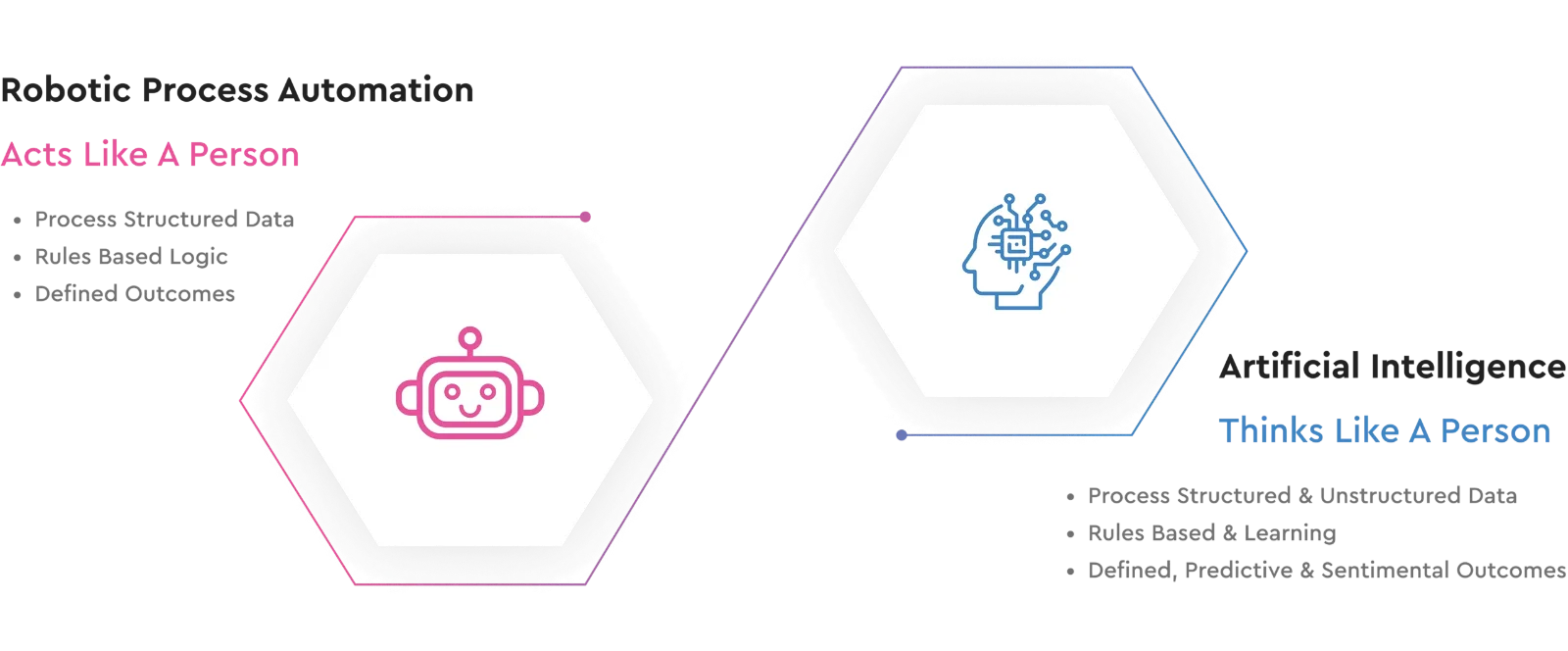
Our Esteemed Clientele









Certified AI & RPA Partners
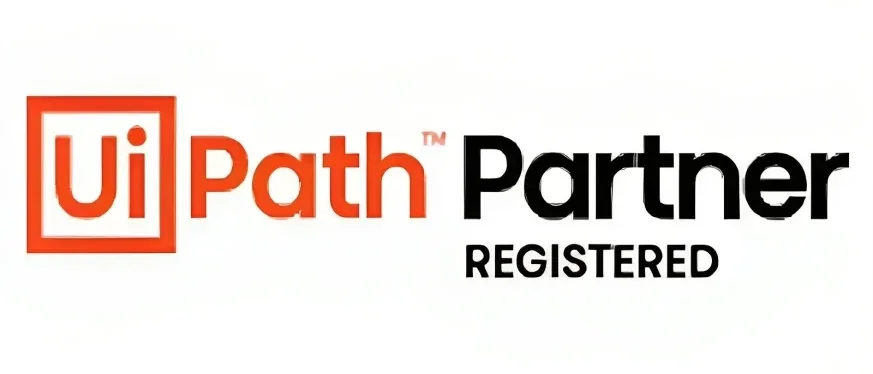
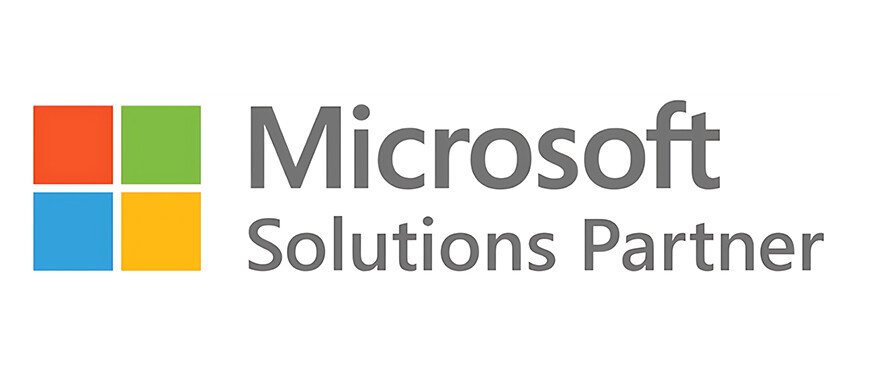


Bringing Two Powerful Technologies Together to Transform Automation Dynamics
Overview
AI and RPA together bring innovation and intelligence to the table. With their integration, your business can achieve advanced decision-making, agility, and competitive advantage. This integration brings many technologies within IPA like OCR, Predictive Analysis, Computer Vision, Intelligent RPA Analytics, and more, to the table.
Bringing Two Powerful Technologies Together to Transform Automation Dynamics
AI and RPA together bring innovation and intelligence to the table. With their integration, your business can achieve advanced decision-making, agility, and competitive advantage. This integration brings many technologies within IPA like OCR, Predictive Analysis, Computer Vision, Intelligent RPA Analytics, and more, to the table.
Artificial Intelligence and RPA Integration Services
Enhance your automation capabilities with our AI + RPA expertise, from custom AI/ML models to seamless legacy system integration, all backed by expert performance monitoring and data-driven insights.
Custom AI/ML with RPA Model Development
Using AI and machine learning models, we seamlessly enhance your RPA processes, enabling your systems with intelligent decision-making and predictive capabilities.
Workflow Analysis and Optimization
We conduct deep evaluations of your existing processes, identifying automation opportunities, and streamlining workflows that boost efficiency.
Intelligent Document Processing
By utilizing the power of AI for automating data extraction and processing from documents, we ensure accuracy and efficiency in your operations.
Natural Language Processing Integration
We integrate NLP capabilities, enabling your systems to understand and analyze human language, opening up more possibilities for language-based automation.
Chatbot and Virtual Assistant Integration
Incorporate chatbots and virtual assistants into your operations to enhance customer interactions and streamline internal support processes.
Advanced RPA Analytics
With our Advanced RPA Analytics, we analyze data and metrics generated by RPA bots from various data sources and engage in automation activities to make data-driven decisions.
Intelligent Process Mining
Using advanced algorithms and AI-driven techniques to discover insights and patterns within your business workflow, we enable you to identify optimization opportunities and automation potential more effectively.
Enhanced OCR/ICR Integration
By using OCR with IPA, we allow the system to not only extract text from documents but also comprehend and process the information intelligently, enhancing data accuracy and decision-making.
Cloud Platform Integration
Benefit from the flexibility and scalability of cloud platforms for your AI and RPA solutions, enabling smooth integration with your existing infrastructure.
Computer Vision Integration
Integrate the potential of Computer Vision to your automation journey by enhancing RPA with image and video recognition capabilities.
Compliance and Security Solutions
We prioritize adherence to regulatory requirements and security standards, ensuring your AI and RPA integrations maintain the highest levels of compliance and data security.
Data Integration and Management
We specialize in integrating diverse data sources while ensuring data quality, enabling AI and machine learning insights to thrive within your RPA workflows.
Legacy System Integration
By Integrating Intelligent Automation with your existing legacy systems, we enable your organization to achieve new capabilities.
Performance Monitoring and Optimization
Our team is dedicated to continually monitoring and optimizing the efficiency and performance of your AI and RPA systems, ensuring they operate at their best.
Turn your daily processes intelligent with our AI and RPA Integration – IPA Development services today!
A Trendsetting and Intelligent Solution to Integrate and Analyze Customer Response
ResolvedX wanted to enhance the way they dealt with reviews, to serve better they partnered with us to add AI/ML for sentiment analysis, NLP-driven responses, and chatbots for efficient data handling, while RPA streamlined their backend processes for even greater efficiency.
Case Study - ResolvedX
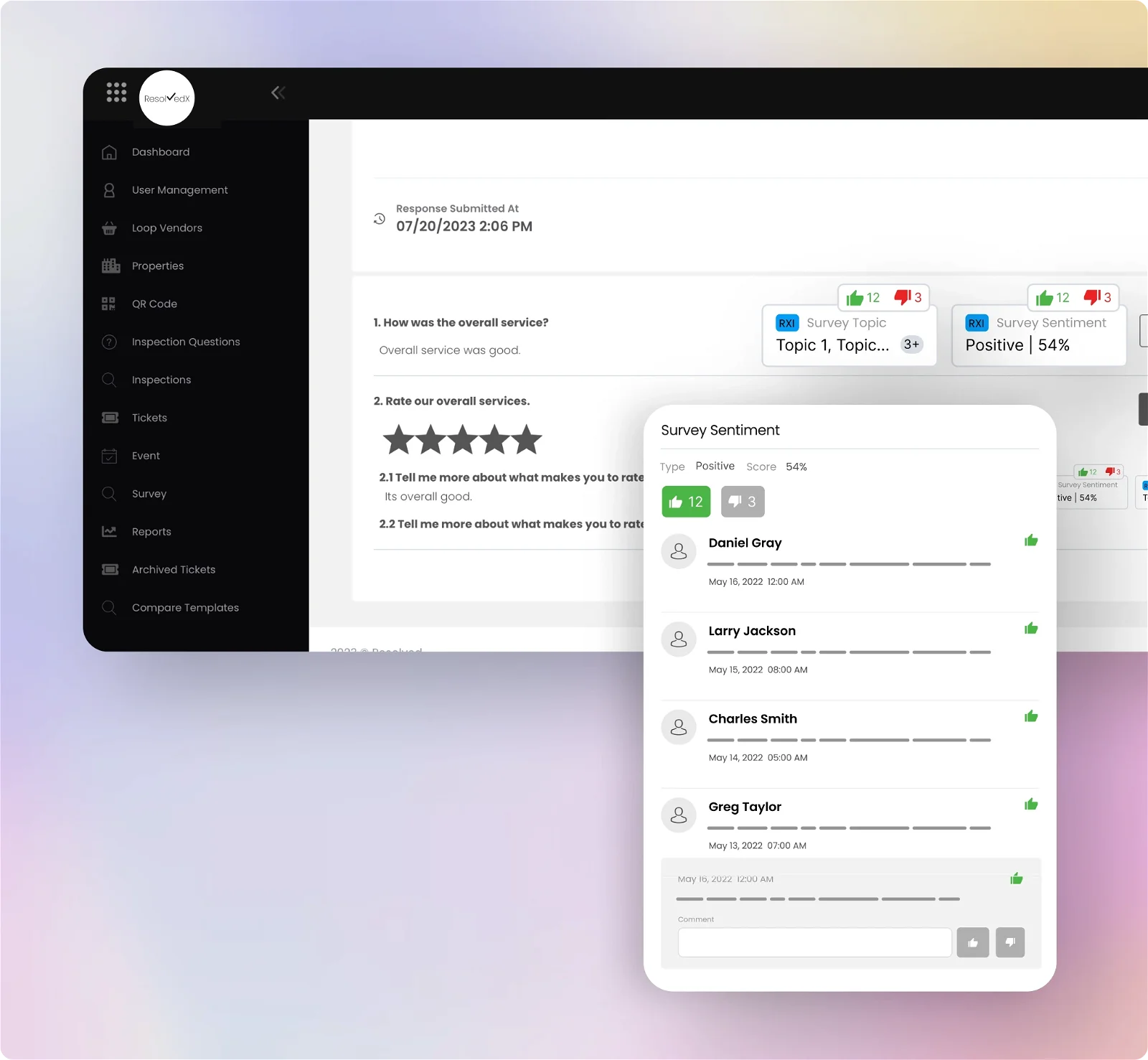

A Smarter Way to Find the Right Bulb
Case study – Philips – Light Finder
We proved our excellence in AI/AR with Philips Light Finder. When customers were finding it hard to replace their old bulbs, our AI augmented solution simplified the entire process. Say hello to the new Philips Light Finder.
Our AI + RPA Developers and Development
At Sunflower Lab, we provide excellent solutions with our AI and RPA Consultancy Services. With a track record dating back to 2010, we have been providing custom software solutions and strategies that fit perfectly with your business goals, promoting growth. Our team of dedicated IPA developers excels in the following range of expertise, among other areas.
- ♦ Optimizing OCR and NLP Processes
- ♦ Power BI for Dynamic Reporting
- ♦ API Automation
- ♦ Machine Learning Model Integration
- ♦ Predictive Analytics
- ♦ Process Mining

Revolutionizing IONM Management for ZinniaX with RPA and AI
ZinniaX leverages the power of IPA to offer a comprehensive IONM management system. From intelligent scheduling and real-time case updates facilitated by AI to automated billing processes driven by RPA, our platform enhances efficiency and accuracy throughout the IONM lifecycle. It offers powerful analytics, cloud-based accessibility, and meets HIPAA security standards.
Case Study - ZinniaX
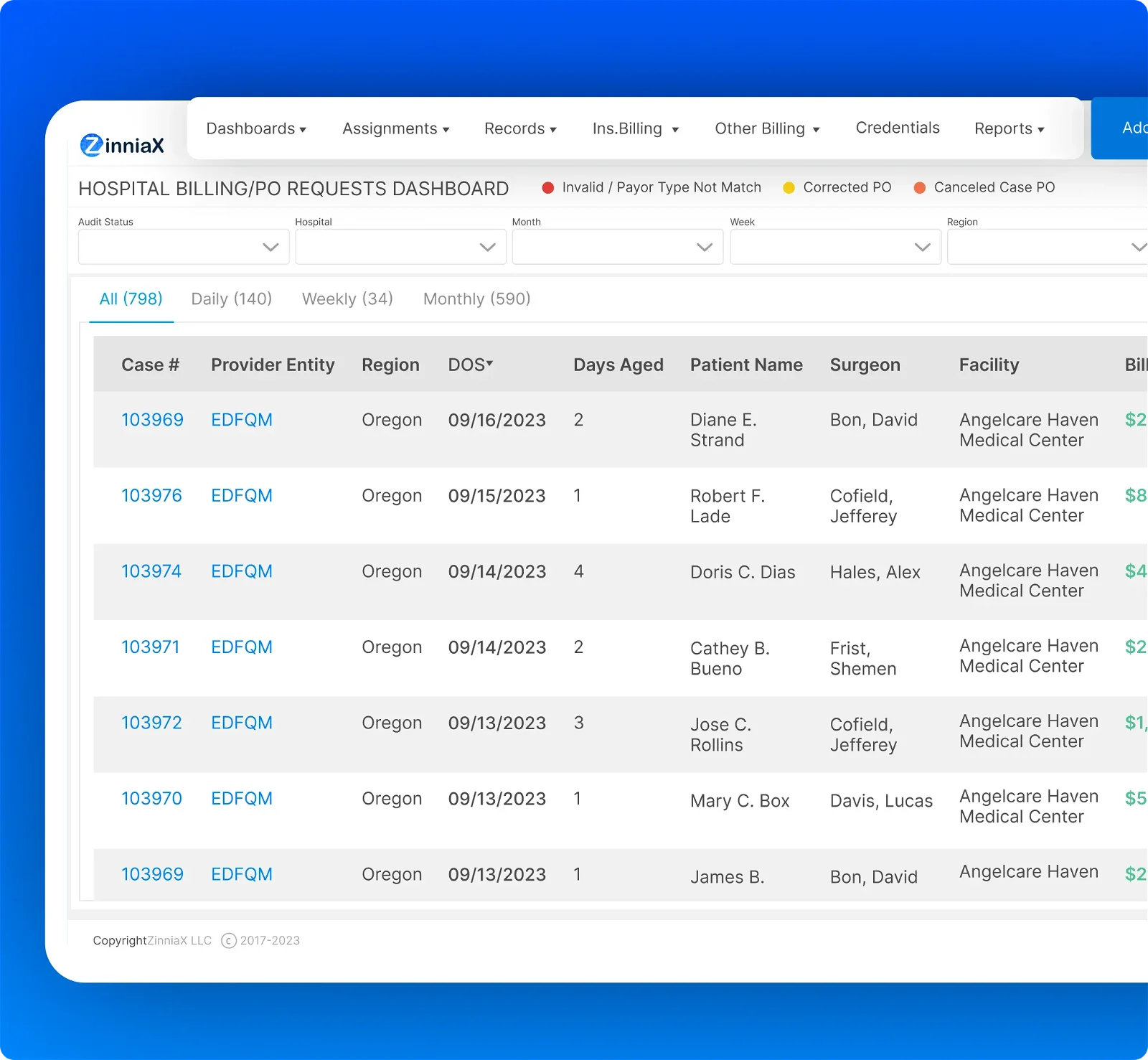
Our Priorities Lie in Your Success
Our primary objective through AI + RPA integration services is to help businesses achieve the full potential of this dynamic duo of technologies. We are dedicated to enhancing overall organizational performance by optimizing workflows, reducing costs, and achieving valuable insights for better business growth.
To Discover Insights
Using AI and RPA, we help businesses achieve valuable insights from your data, enabling data-driven decision-making and strategic planning.
To Automate Repetitive Tasks
We streamline your operations by automating routine and repetitive tasks, allowing your workforce to focus on higher-value activities and innovation.
For Better Decision-Making
Gain deeper insights into your operations, customer behavior, and market trends, using IPA, based on accurate data and making informed decisions.

Sunflower Lab’s AI/ML accompanied Health Assistant
Case study – Health Assistant
We created an interactive program to analyze and give convenient advice based on your health status. This is a voice-based AI health assistant with a wider capability than your normal AI voice assistants.
"Zinniax has dramatically improved the efficiency of our operations. Repetitive and time-consuming tasks that used to take up a significant portion of the team's workday are now handled seamlessly by the RPA system. This allows to redirect of resources and manpower toward more strategic and high-value tasks. Your team's support throughout the development and implementation process has been exceptional. “
Gene Boucher
Chief Operating Officer, Accurate Neuromonitoring
testimonials
Who Improved Whom: AI or RPA?
Both AI and RPA have played a significant role in improving each other to enhance business growth. RPA has improved AI by providing a structured data pipeline, enabling the training of AI models with cleaner and more reliable data. On the other hand, AI has improved RPA by adding intelligence, allowing automation systems to make context-aware decisions and handle unstructured data. With this integration, it’s no longer rule-based automation but more intelligence-based automation.
Automated Patient Letters for 15% Time Savings
With RPA, we automate tasks like patient notifications for out-of-network visits. Our bots gather EHR data, fill templates, handle printing, and more. This cuts admin work by 10-15%, reducing provider stress and enhancing patient care. RPA improves billing, claims, appointments, and more, making healthcare more efficient and patient centered.
Use Case - Healthcare Industry

AI and RPA Powered Expertise and Excellence
01
Advanced Data Processing
01
Advanced Data Processing
Benefit from AI and RPA by processing and analyzing large volumes of data quickly and accurately. It enables your business to extract valuable insights, detect patterns, and make data-driven decisions with confidence.
02
Automation of Complex Tasks
02
Automation of Complex Tasks
With this integration, you can not only automate your routine tasks, but also complex and rule-based processes that traditionally required human intervention.
03
Enhanced Customer Experience
03
Enhanced Customer Experience
Where AI-powered chatbots and virtual assistants enhance customer support, RPA streamlines back-end processes to ensure faster and error-free service.
04
Compliance and Security
04
Compliance and Security
Achieve safety and security by enforcing compliance protocols, performing audits, and enhancing security through encryption and access controls, safeguarding your sensitive information.
05
Performance Monitoring
05
Performance Monitoring
With our IPA Development services, we track the efficiency of automated processes, identify bottlenecks, and provide insights for continuous optimization, ensuring that automation remains effective and reliable.
06
Customized Intelligent Automation Solutions
06
Customized Intelligent Automation Solutions
We recognize the uniqueness of your business and its distinct goals. Our commitment is to provide custom solutions for every need, whether it’s automating financial processes or improving supply chain management, we make sure it is built specifically for you.
Enhancing Customer Support with IPA
Combine AI/ML and RPA to automate tasks like email sorting and provide instant responses through chatbots to enhance customer support. This boosts efficiency, personalizes interactions, and enhances overall satisfaction, freeing human agents for more strategic work and improving customer loyalty.
Use Case - Enhancing Customer Support
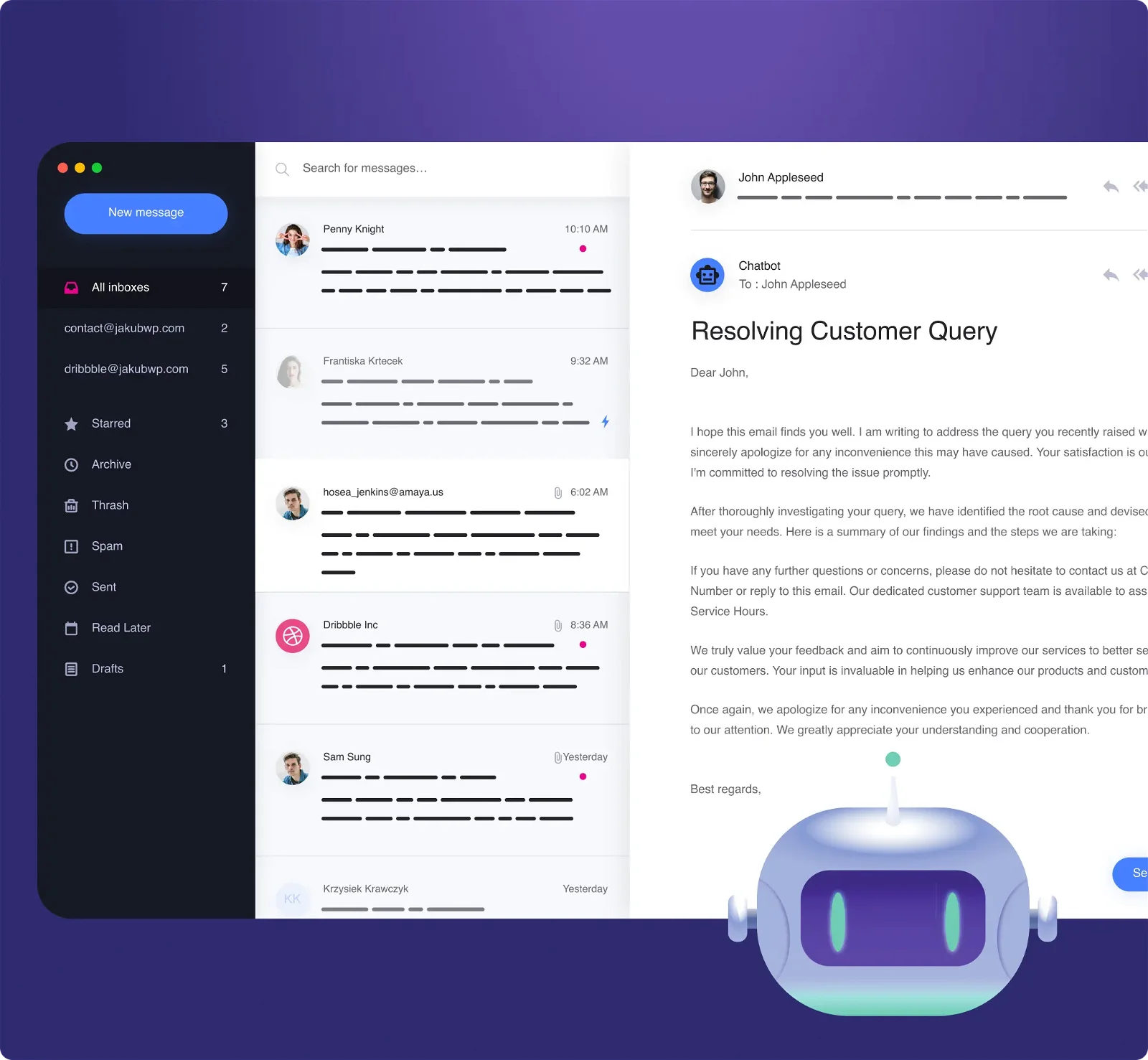
Our AI Powered Technology Stack




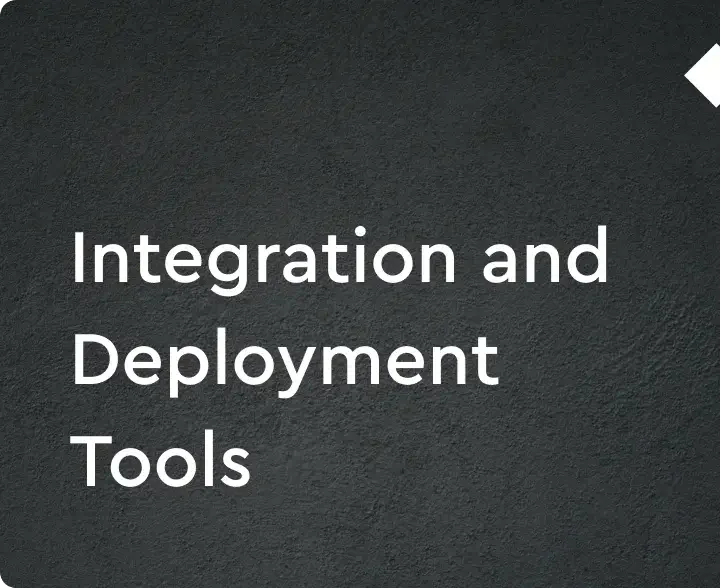

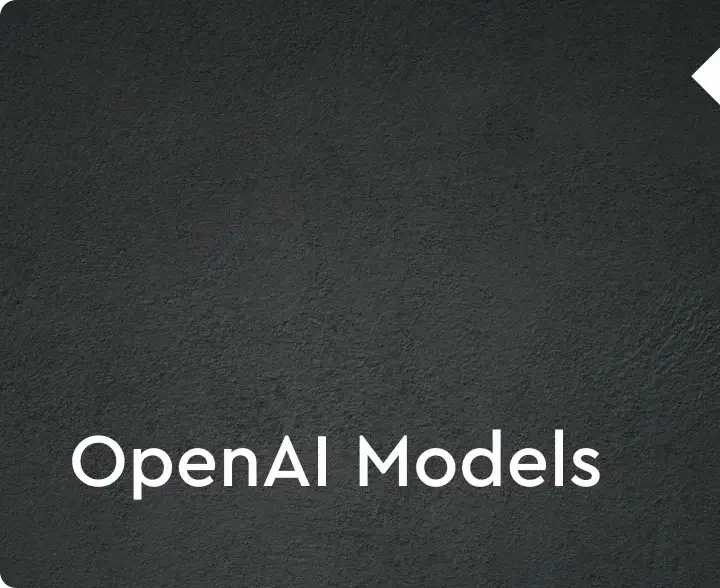

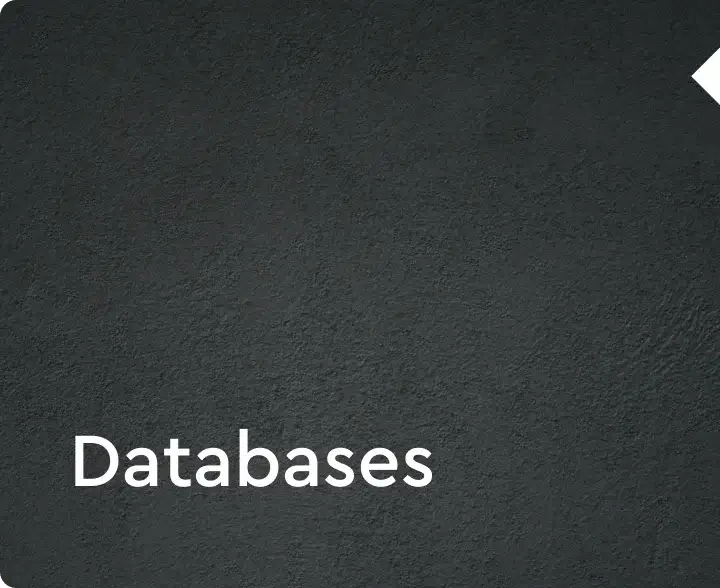
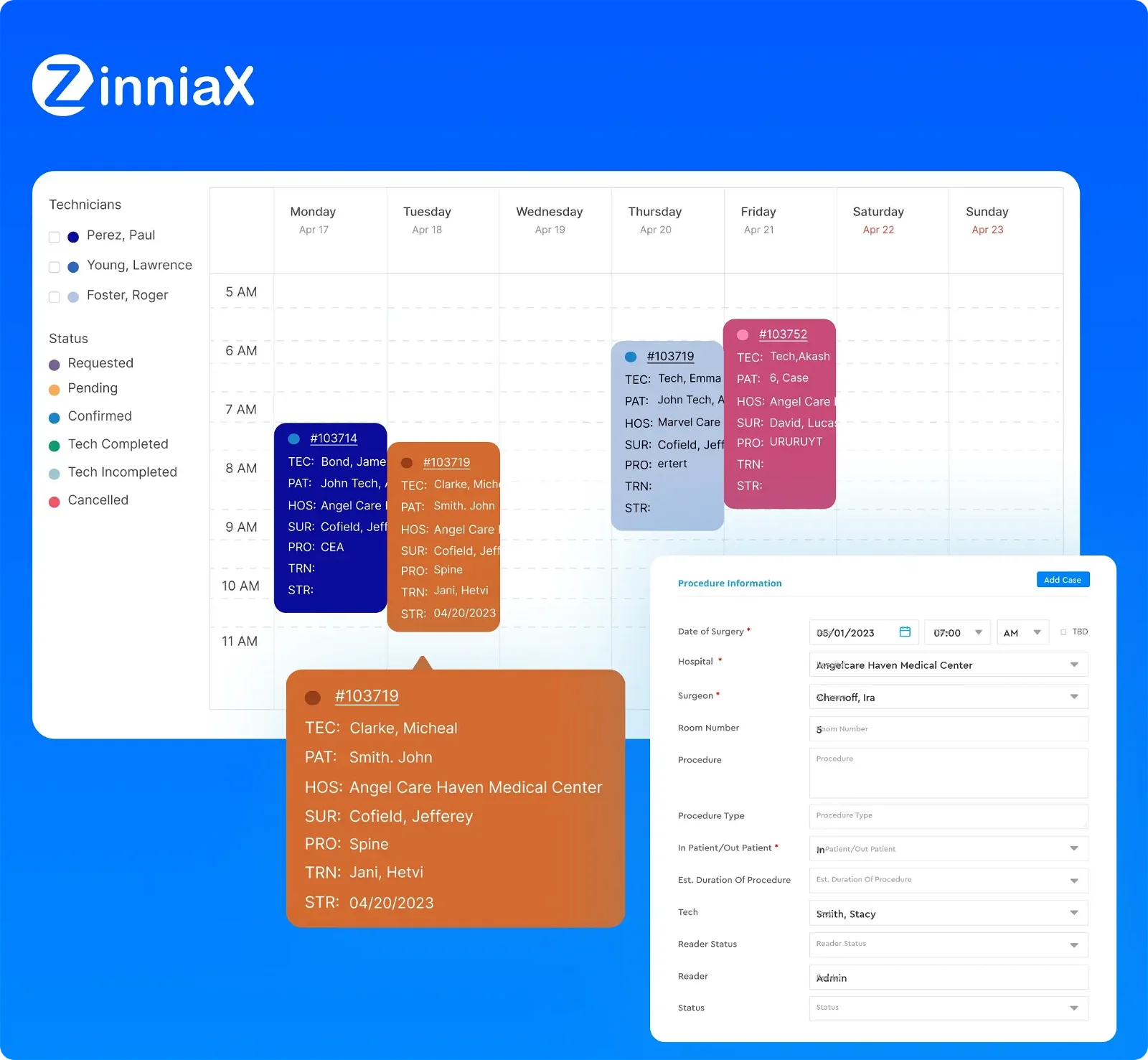
Transforming Healthcare with Intelligent Automation
Use Case – Transforming Healthcare
We utilize AI and RPA to automate healthcare processes, enhancing efficiency and reducing costs. This integration streamlines tasks, boosts productivity, and allows healthcare professionals to focus on high-value work. From automating processes to managing schedules, invoices, and payroll, our solutions are revolutionizing healthcare.
Redefining HR Onboarding with IPA
Redefine your HR Onboarding with AI and RPA. RPA automates admin tasks, while AI chatbots assist new hires. With predictive analytics, optimize your resource allocation, streamlining onboarding and enhancing efficiency.
Use Case - HR Onboarding
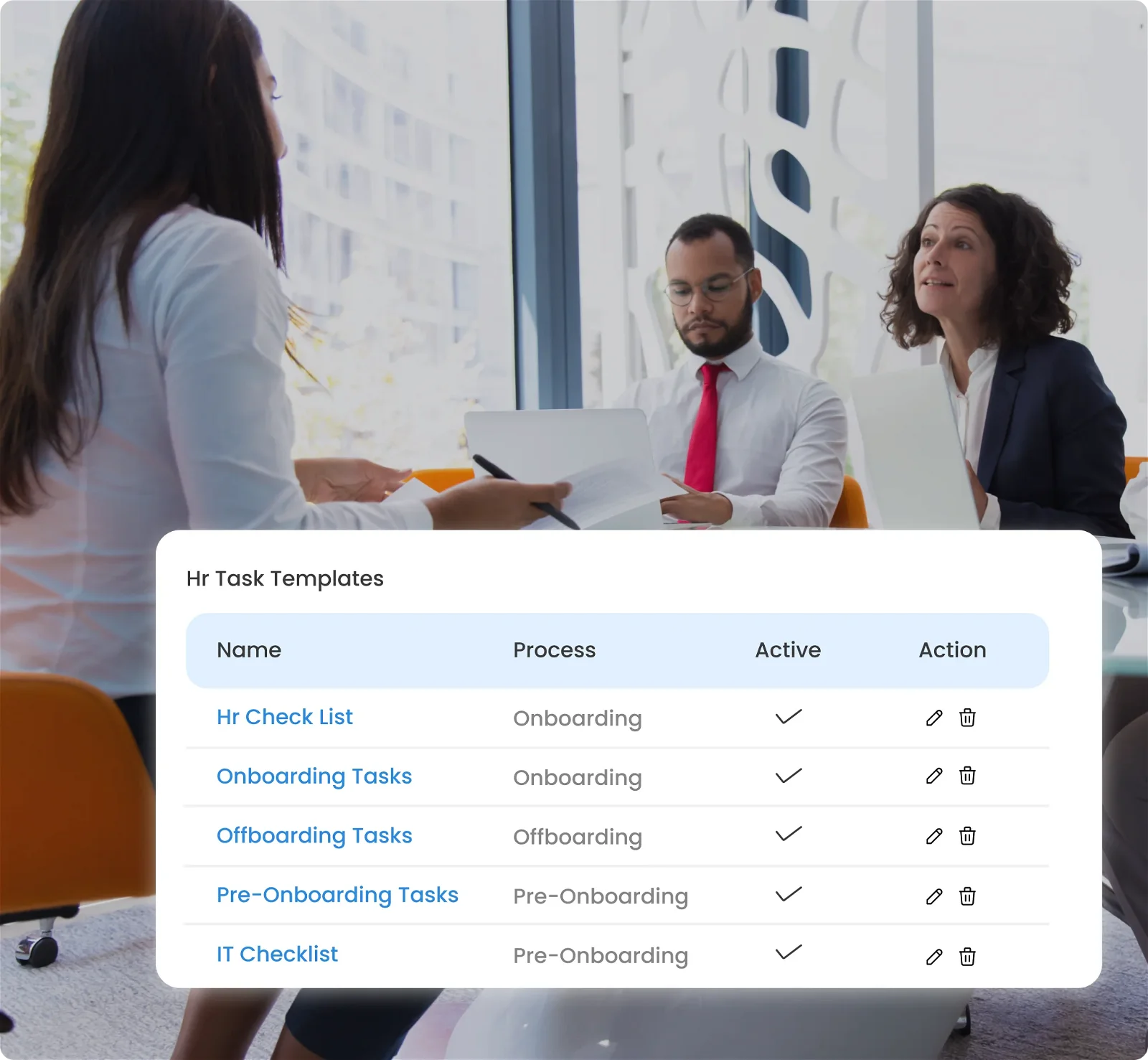
Drive efficiency, productivity, and growth in your organization by automating your operational workflow.
Explore Our More Capabilities
Teams & Achievements
15+
Years Of Experience
250+
Projects Completed
96%
Customer Retention
150+
Team Strength
FAQ
Integrating AI and RPA offers several advantages, including improved operational efficiency, enhanced decision-making through data insights, cost reduction through automation, increased productivity, accuracy, and the ability to handle complex and repetitive tasks without human intervention. This combination also enables organizations to stay competitive by staying at the forefront of technological advancements.
While AI and RPA integration offers numerous benefits, it also comes with challenges. These may include selecting the right technology stack, ensuring data quality and compatibility, addressing security concerns, managing change within the organization, and developing a well-defined strategy. Furthermore, maintaining and scaling integrated systems can be complex and require ongoing expertise.
Best practices for AI and RPA integration involve thorough planning, clear business objectives, proper data management, selecting the right AI algorithms, continuous monitoring, and ongoing optimization. It’s crucial to align integration efforts with your organization’s strategic goals and to engage experts who understand both technologies and their synergies.
Ensuring security in AI and RPA integration involves adopting encryption, access controls, regular security audits, and compliance with industry regulations. Employing secure development practices, monitoring system logs, and educating staff on security protocols are also essential. Collaborating with experienced service providers can add an extra layer of security to the integration process.
Support services for AI and RPA integration typically include technical assistance, troubleshooting, system updates, and maintenance. Service providers may also offer training and guidance to ensure your team can effectively manage and leverage the integrated systems. Additionally, ongoing consultation and optimization services are often available to help you extract maximum value from the integration.
From Ideation To Support, We Partner With You All The Way
Contact our team of experts today!


